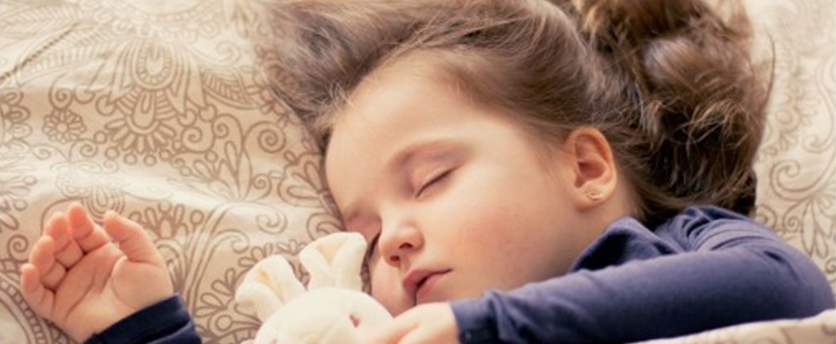
Sleep apnea is a condition which causes breathing to stop while a person is asleep. This condition is quite common in adults, and unfortunately, in children too. In fact, it is estimated that 5% of children suffer from sleep apnea. What sleep apnea does to children and their health is still to be researched and studied.
This serious sleep disorder is usually a result of the muscles in the throat, which relax and obstruct the airways. Consequently, there are pauses in breathing. This condition is a subtype of sleep apnea known as obstructive sleep apnea. So, when a person doesn’t get enough air because the throat closes, the brain immediately wakes. Then, the muscles contract and the blockage stops. Such instances can happen quite often, between 5 and 30 times each hour for the entire night. In fact, the individual who suffers from sleep apnea might even be unaware of the breathing breaks.
The Impact of Sleep Apnea on the Children’s Brain
Recently, the University of Chicago's pediatric sleep laboratory conducted a study to discover the impact of sleep apnea on the brains of 7- to 11-year-olds. 16 children who were diagnosed with obstructive sleep apnea underwent neurocognitive tests and were scanned using MRI. Dr. Leila Kheirandish-Gozal, the head of the study team, worked together with researchers from the University of California at Los Angeles.
The test results were compared with nine children who don’t have a sleep disorder. The results came out to be striking. In fact, the children with obstructive sleep apnea happened to have substantial reductions in the volume of gray matter. This is the part of the brain where information is processed. There are several regions of the brain where gray matter losses appeared, such as
- frontal cortex (where problem-solving, movement, language, memory, impulse control, and judgment happens);
- prefrontal cortex (responsible for processing complex behaviors, personality, and planning);
- parietal cortex (which integrates sensory input);
- temporal lobe (where hearing and selective listening are managed);
- brainstem (responsible for controlling the respiratory and cardiovascular functions);
The study showed an obvious evidence of widespread neuronal damage or loss. However, the study showed only current images, it was impossible to know when the damages happened. Moreover, the study couldn’t discover whether brain cells have shrunk or been lost completely. However, it’s possible that sleep apnea will have a huge impact on children’s cognitive performance. Nevertheless, future research will be needed to answer questions, such as whether the changes can be reversed and what are the other implications.
Thus, if you believe that your child is having sleep apnea, make sure to consult an expert. The best way to determine whether or not treatment is needed is through a home sleep study.